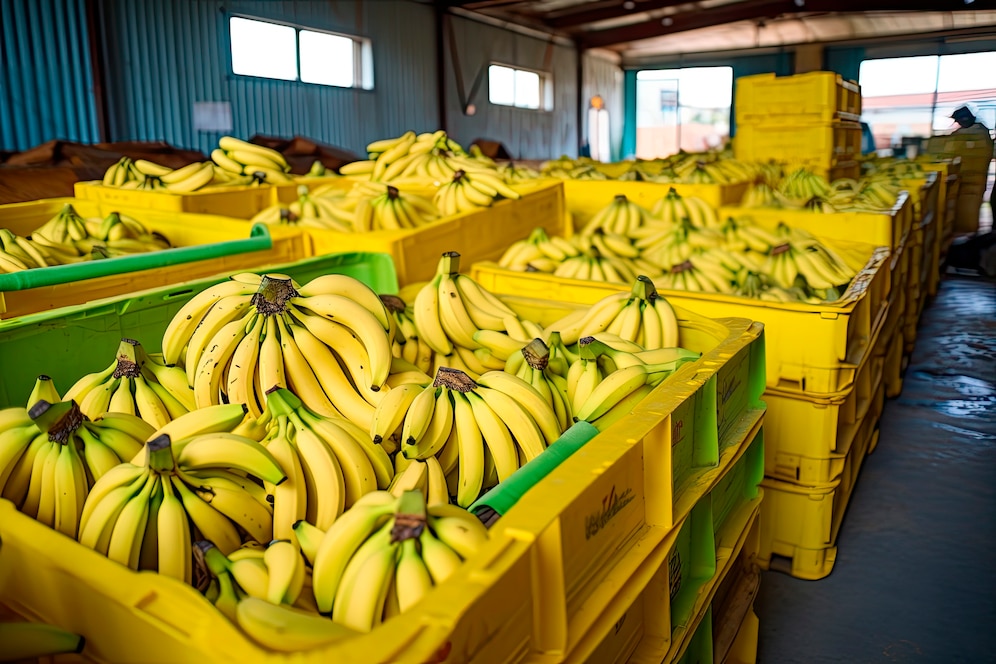Nigeria’s significant dependency on food importation has Impacted its economic landscape, overshadowing the country’s financial outlook.

According to recent data in 2021, the country spent $52.07 million on imports and did an export worth $47.23 million, resulting in a significant trade deficit of $4.84 million. In the same year, the government earmarked $6.3 million in imports of food and vegetables, while exports stood at $1.53 million.
This glaring disparity underscores Nigeria’s urgent need to strengthen local food production, revitalize its economy, and encourage exports.

The consistent importation of fruits like bananas and grapes instead of cultivating them locally drains our foreign reserves. It hampers the growth of our agricultural sector, which is the backbone of our economy. In 2022, we exported $25.3k worth of bananas and imported $1.34 million. This huge trade deficit negatively affects the potential of the agricultural sector.
The Federal Government’s ambition for Nigeria to be self-sufficient in food production and a net exporter is attainable. Still, this vision requires a concerted effort to address the root causes of our import dependency.

To mitigate the challenges of importation reliance, the government should look into the agricultural sector by enhancing our local production system.
1. Product diversification can help in increasing crop variety, improving yields, and enhancing food availability, while also promoting sustainable agriculture, reducing dependence on a single crop, and supporting rural development
2. Increasing the quantity and quality of seasonally grown produce is essential for meeting the demand for seasonal crops. By adopting greenhouse farming, using structures like poly-tunnels, and improved storage facilities, we can significantly boost the availability of seasonal crops.
3. Prioritizing the implementation of policies to encourage crop production for local markets, enhance research, promote food processing industries to create a stable income, and promote public awareness campaigns is essential to encouraging the consumption of locally produced food.
From the House of JE, we feel these measures would help the government promote local food production and reduce its reliance on food imports.
